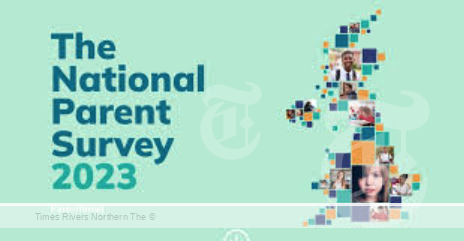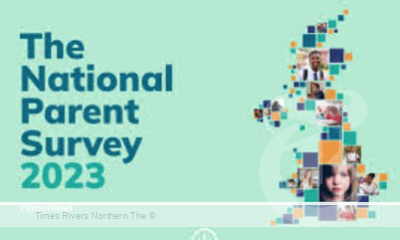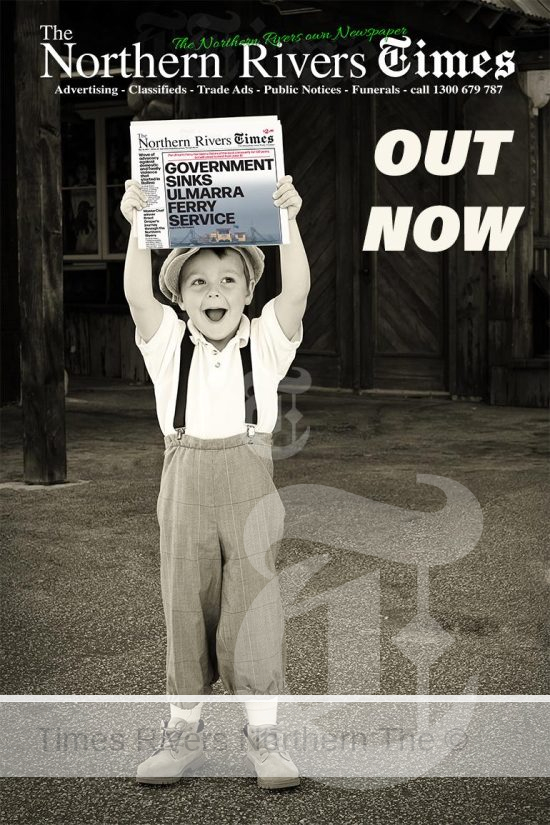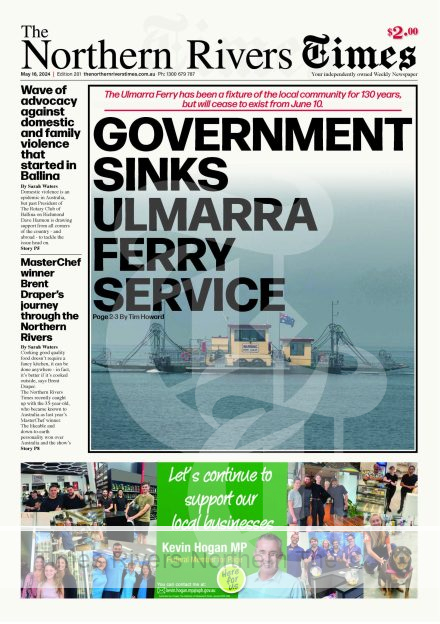National Parenting Survey Unveils Challenges of Modern Parenting Amid Economic and Social Pressures
In a landmark survey, the Triple P – Positive Parenting Program today disclosed findings from its most extensive parenting study to date, underscoring the severe impacts of economic hardships, emotional stress, sleep deprivation, and digital media concerns on the mental health and wellbeing of children.
A total of 8,304 parents and caregivers participated in this comprehensive national survey, orchestrated by Triple P founder and Clinical Psychologist at the University of Queensland, Professor Matt Sanders. The findings offer a detailed overview of the multitude of challenges confronting a broad and diverse demographic of Australian families.
Professor Sanders emphasised the urgency of the situation, stating, “The results reveal the current state of stress under which families in Australia are operating, amidst escalating financial difficulties, rising concerns over children’s mental health and wellbeing, and increasing instances of school refusal.”
Advertisements

He further noted, “Parenting is a complex journey exacerbated by these pressing issues. It is imperative that we equip families on the front lines with evidence-based support to foster their wellbeing and enhance their parenting efficacy, ensuring the development of happy, resilient children.”
Key Insights from Triple P’s 2024 National Parenting Survey:
- Financial Restraints: Approximately 90% of respondents have reduced spending due to cost-of-living increases, with significant cutbacks on dining out (81%), entertainment (70%), and vacations (69%). More than half have also scaled down on grocery expenses.
- Emotional and Relationship Impact: 42% of parents reported that financial strain has adversely affected their capacity to maintain calm and nurturing relationships within the family.
- Self-Care and Mental Health: Nearly half of all parents expressed dissatisfaction with their personal time for self-care activities such as exercising, socialising, or engaging in hobbies. About two-thirds feel guilty about the time spent with their children, and a substantial majority (83%) of parents with young children under five years old experience sleep deprivation weekly.
- Communication and Discipline: Over 80% of parents find themselves raising their voice or yelling at their children, highlighting the strain of parenting under stress.
- Digital Concerns: The digital realm poses significant challenges; 85% of parents who allow their children to use social media report regular conflicts, and a strong majority remains concerned about online safety (82%) and the impact of social media on their children’s mental health (79%).
Professor Sanders advocates for proactive engagement, “These findings underscore the importance of equipping parents and caregivers with effective strategies to guide their children’s digital interactions. Regular, open discussions about technology use are essential for navigating this complex landscape.”
Despite these challenges, the survey revealed a resilient streak among parents, with 80% optimistic that their children would lead better lives than their own.
“The response underscores the pivotal role of parents and caregivers as agents of change in their children’s lives. To support this vital role, we continue to provide accessible, evidence-based parenting resources, with over 270,000 Australian families already benefiting from our online support programs,” added Professor Sanders.
Funded by the Australian Government Department of Health and Aged Care under the Parenting Education and Support Program, the Triple P – Positive Parenting Program offers essential resources for parents and caregivers, accessible at triplep-parenting.net.au.
The survey was executed by C|T Group on behalf of Triple P International, reflecting a national initiative to address and mitigate parenting challenges through strategic support and guidance.
For more National Australia News, visit here.





 Tweed Shire News2 years ago
Tweed Shire News2 years ago
 Motoring News1 year ago
Motoring News1 year ago
 COVID-19 Northern Rivers News3 years ago
COVID-19 Northern Rivers News3 years ago
 COVID-19 Northern Rivers News3 years ago
COVID-19 Northern Rivers News3 years ago
 Northern Rivers Local News3 years ago
Northern Rivers Local News3 years ago
 Health News3 years ago
Health News3 years ago
 COVID-19 Northern Rivers News3 years ago
COVID-19 Northern Rivers News3 years ago
 NSW Breaking News3 years ago
NSW Breaking News3 years ago

























